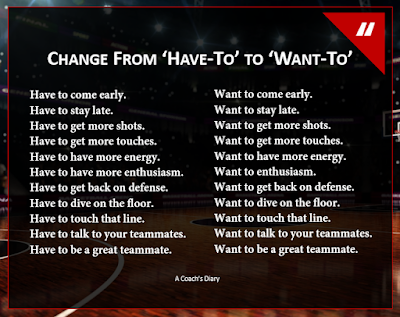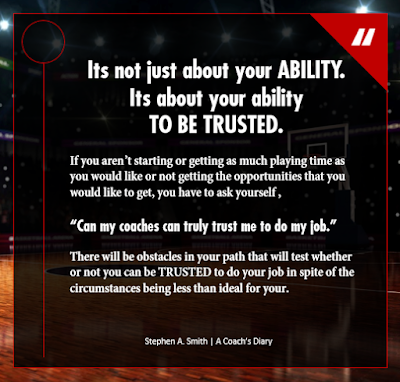Blood, Sweat, and Cheers | Cheer - Netflix

Practice, weight room, sprints, conditioning, reps on reps on reps. It's definitely hard on the body and on the mental aspect of it. It's not just about doing it right. It's about doing it so many times until you just CAN'T GET IT WRONG. It's all about conditioning and reps. We do a lot of repetitions just to make sure that being on the floor and being tired and being in pain, we will be able to handle it in the biggest moments. Sports are hard. Sports can be devastating. Bad things happen in sports. But bad things happen in life. Going through adversity helps you learn how do deal with the bad stuff the right way, and how you respond is what makes you a better person, makes a better athlete, and what helps you succeed in life. Whatever you are going through on the court, on the field, or on the mat, you are going to get through it.












